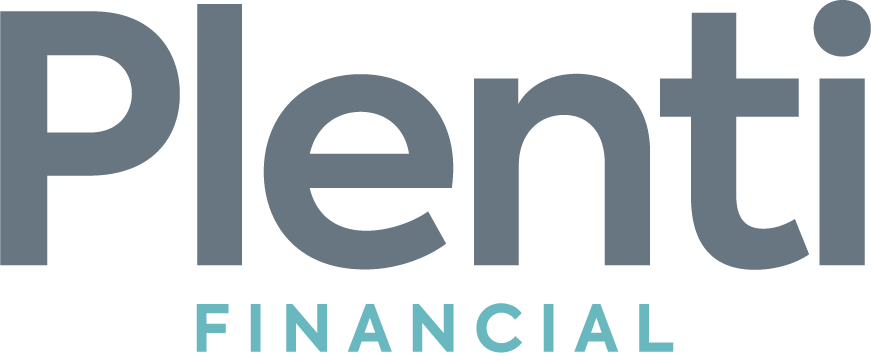Whatever your reason for selling your home, you are almost certainly prepared for a great deal of expense. Although you might receive a great price for your property, the fees and costs you accumulate in doing so can mean that you lose thousands of dollars in the process. Something else that you will need to consider is the taxes you must pay on the sale of your property, which can easily equate to up to 40% of your overall profits. This means that on a property where you have made $100,000 in profit, you might only see around $60,000 of that money.
The good news is that you don’t need to pay the extensive taxes on the profits from your sale immediately if you opt for a process known as a 1031 exchange.
What is a 1031 exchange?
A 1031 exchange is an IRS process which enables homeowners to defer up to 40% in taxes on the profits from the sale of their property. This is because there are rules that allow certain types of property to be exchanged for others so long as the purchase is a ‘like-kind’ property.
What is a like-kind property?
To qualify as a 1031 exchange, the properties being both sold and acquired must be considered ‘like-kind’. Although this sounds like a broad term, what like-kind actually means is that both properties must be of the same nature or character, even if they differ in grade or quality.
For example, a single-family home can be exchanged for a duplex, or an investment property can be exchanged for another investment property, all without the need to pay tax on any profit that you make.
Unsurprisingly there are rules and regulations around doing this to prevent people from taking advantage of this largely unknown IRS process. An investor who buys and flips properties may find that his properties are considered as stock in trade and cannot qualify for a 1031 exchange. Since the rules surrounding 1031 exchanges can be complex, the advice of an exchange facilitator is recommended.
Is a 1031 exchange a permanent way of avoiding paying tax on profit?
One of the biggest misconceptions about a 1031 exchange is that it is a definitive method of tax avoidance. The truth is that the tax on profit is simply being deferred – and the money you are deferring can be used on a new like-kind purchase. Nevertheless, with strategic planning and continually replacing assets purchased through 1031 exchanges within the parameters set by the IRS, you could potentially defer these taxes indefinitely.
Types of 1031 exchange
There are various types of 1031 exchange possible including:
Delayed exchange. The most common type of exchange, this is where you are allowed 180 days between selling your previous property and finishing the exchange for the new one. Failure to do so within this time period means that you must pay the relevant tax on your profits.
Simultaneous exchange. This is where two companies exchange like-kind assets at the same time.
Build-to-suit exchange. You can use sales proceeds from the original asset to build on or make improvements to the replacement property.
Reverse exchange. You can purchase the new asset before you finalize the sale of the original one.
Personal property exchange. This can include items such as paintings or vehicles.
Can I do the exchange myself?
In order to do a 1031 exchange, you must work through a qualified exchange facilitator. The exchange facilitator acquires the relinquished property or asset before transferring it to a buyer. The exchange facilitator holds the cash, as required by the IRS, and then acquires the replacement property or asset and transfers it to the taxpayer, thereby completing the exchange.
How many exchanges can I do?
The biggest benefit to investors is that there is no limit as to the number of exchanges you can do so long as they are like-kind properties. However, there are deadlines in place for how long you have to complete each exchange, and these must be strictly adhered to.
How long does a property need to be held before a 1031 exchange can be done?
Although the IRS does not provide a specific time period for holding investment property, the general understanding is that there is a one-year holding period for an exchange. The reason for this is that the government has proposed a one-year hold period several times in the past, and that IRS uses the one-year period to differentiate between short and long term capital gain.
1031 exchanges are far from straightforward. Thankfully, our team of experts has the knowledge and experience needed to help you get the very most from your investment. To find out more about 1031 exchanges or to see if you qualify, please contact our offices today.


